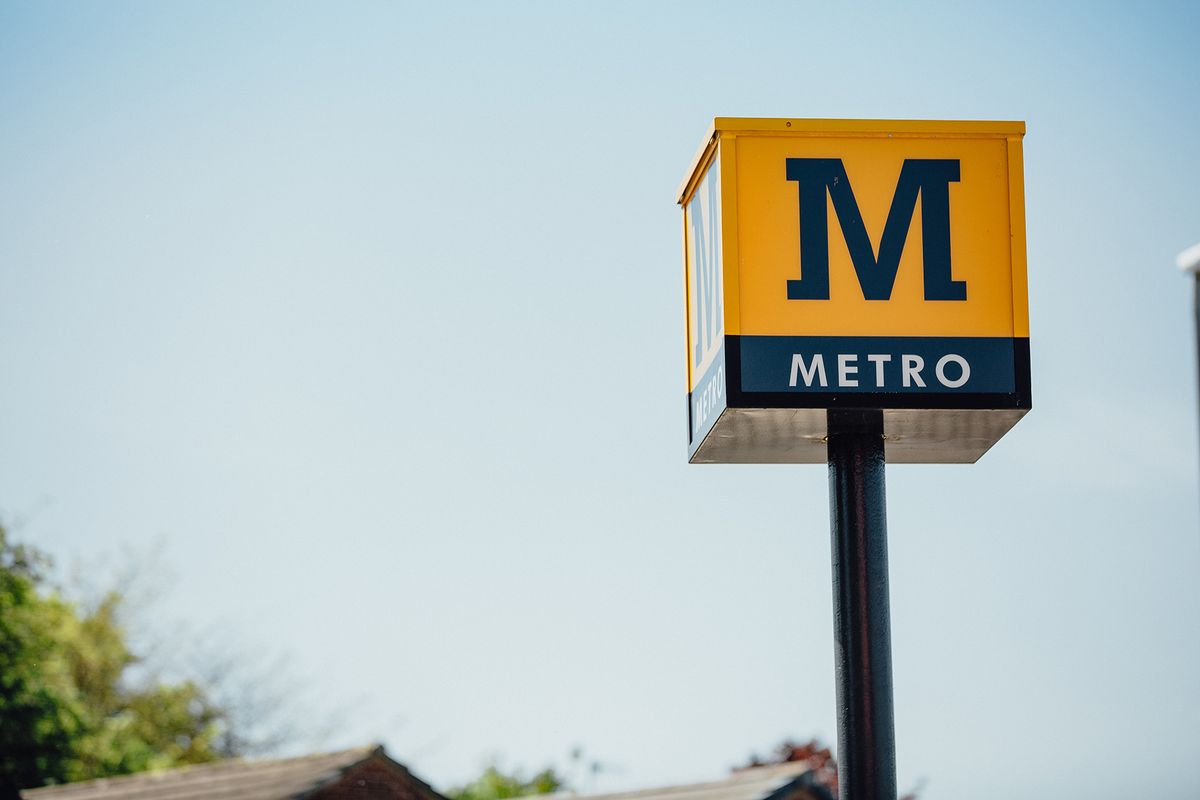
Nexus, the public body which owns and manages Metro, has teamed up with Newcastle University’s Open Lab to give people a say on all aspects of life on Metro - fares, timetables, ticketing options, accessibility, security and new features that the technology and data offered by the forthcoming new Metro train fleet will enable.
It builds on the award-winning public consultation carried out in 2020 that honed the design of the new Meto train fleet.
The new consultation will generate ideas for improved people-centred services aimed at restoring customer confidence, developing new journey trends , and encouraging more environmentally sustainable travel.
A social media campaign will ask people how their Metro journeys have changed since the pandemic, and what their priorities are for new Metro services.
Special interactive posters with embedded electronics will appear at Metro stations, allowing customers to cast votes and input their feedback at the touch of a button.
And the public will be invited to take part in workshops with Nexus and the Open Lab team. Participants will work with design, technology, and data science experts to create ideas for new and improved Metro services.
Head of Corporate Planning at Nexus, Helen Mathews, said: “We’re delighted to be doing another major public consultation to shape the future of the Tyne and Wear Metro.
"We are once again working with the team at Newcastle University’s Open Lab to give our customers their say on all things Metro, from safety and security to ticketing and timetables.
“We want to hear from as many customers as possible. This is a chance for people to have a real say on how we run Metro and how we can make it better as we look to a bright future with a new fleet of trains just around the corner.
“The consultation will be multi-layered. Customers will be able to provide feedback at stations using interactive technology.
“There will also be workshops, run by Nexus and Open Lab, where customers can come along and give us their views and ideas.
“This is vital public consultation work in the post pandemic era, given that journey trends have changed. We need to build back our customer numbers. Metro is an attractive and sustainable mode of travel, but we want to what the people who use service think – and how we can make it better.
“As with the hugely successful public consultation we conducted for the new Metro fleet, customers can be assured their views will be taken into account and they can genuinely help to shape the future of Metro by taking part.”
This new collaboration is a follow up to the major consultation on the new Metro train fleet that was carried out by Nexus and the team at Open Lab.
That consultation, among the most far-reaching ever carried out on a new train fleet, gave people the opportunity to shape the final interior design through a special website, interactive webinars and workshops and online polls.
Dr Simon Bowen, Lecturer in Human-Computer Interaction, who is leading the consultation for Open Lab at Newcastle University, said: “Open Lab is thrilled to be collaborating on another landmark public consultation with Nexus. The consultations we collaborated on in 2016 and 2020 were both significant in enabling people across Tyne and Wear to influence the design of the forthcoming new Metro trains, which was a first for light rail design.
"And now we are continuing this commitment by giving passengers a voice in the development of new and improved services based around the opportunities offered by the new trains and responding to how people’s journeys and priorities have changed since the Covid-19 pandemic.”
“As we did in 2016 and 2020, we will again use interactive media, social media and workshops to enable people to imagine and explore what new and improved Metro services might look and feel like.
“In 2016 and 2020, it was rewarding to see public suggestions and comments being reflected in the final designs of the new train fleet. In 2022, we are excited to see what ideas for new services people develop with us for future development.”